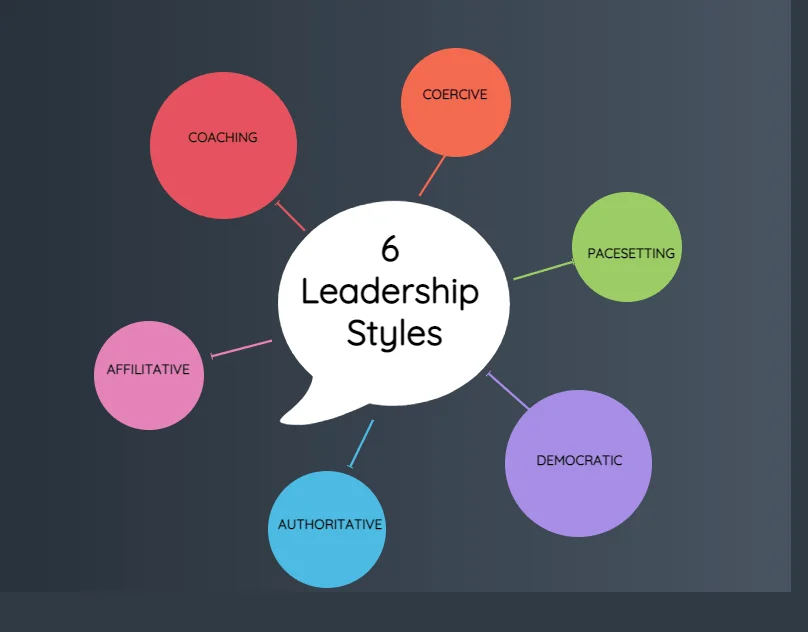What’s The Role Of Emotional Intelligence In Leadership?

Effective leadership has become more crucial in today’s fast-paced and ever-changing business landscape. Gone are the days when leaders were solely expected to possess technical expertise and make rational decisions. The modern era demands leaders who can connect with their teams on a deeper level, inspire them, and drive them toward success.
EQ helps HRs to recognise, understand, and accomplish our feelings and those of others. A smart HRMS encompasses multiple features in its portal to help HRs identify and boost new-gen skills, including empathy, self-awareness, emotional regulation, and social awareness.
While traditional leadership theories primarily focus on cognitive intelligence (IQ) and technical competencies, studies have shown that emotional intelligence or EQ plays a pivotal role in effective leadership and organisational success.
In this blog post, let’s dive into the significance of emotional intelligence in leadership, examining how leaders with high EQ can create thriving work environments, foster meaningful connections, and drive productivity.
We will delve into the key or vital aspects of emotional intelligence and shed light on practical strategies for developing and harnessing this essential skill set.
The Components of Emotional Intelligence
Emotional intelligence comprises various interconnected components that form a holistic framework for effective leadership. Let’s briefly explore the given components:
1. Self-Awareness:
It is the foundation of emotional intelligence (EQ). Leaders who possess self-awareness have a deep understanding of their emotions, strengths, weaknesses, values, and aspirations. This awareness enables them to make conscious decisions and respond to situations in a manner aligned with their values and goals.
2. Self-Regulation:
Actual leaders can control their emotions and impulses. They demonstrate self-control, remain composed under pressure, and think before reacting. Leaders can maintain a positive and constructive environment by managing their emotions, even during challenging times.
3. Empathy:
It is the ability to understand and share the feelings of others. Empathetic leaders actively listen, show genuine concern for their team members, and consider different perspectives. This skill fosters trust, strengthens relationships, and enhances collaboration within the organisation.
4. Social Skills:
Leaders with strong social skills excel in communication, relationship building, and influencing others. They are adept at navigating complex social dynamics, resolving conflicts, and inspiring their teams. These skills enable leaders to create a cohesive and motivated workforce.
The Benefits of Emotional Intelligence in Leadership
1. Enhanced Communication:
Leaders with high emotional intelligence communicate effectively by tailoring their messages to resonate with different individuals through HRMS. They are skilled at active listening, reading non-verbal cues, and adapting their communication style to suit the needs of their team members. This leads to clearer and more meaningful interactions, minimising misunderstandings and conflicts.
2. Building Trust and Collaboration:
Trust is a fundamental element of successful leadership. Emotionally intelligent leaders create an environment of trust and psychological safety, encouraging open dialogue and collaboration. Demonstrating empathy and understanding fosters a culture of inclusivity where team members feel valued and motivated to contribute their best.
3. Conflict Resolution:
Conflict will arise in every organisation, but emotionally intelligent leaders are equipped to handle it constructively. They navigate conflicts with sensitivity and fairness through their empathy and social skills. They encourage dialogue, seek win-win solutions, and promote a culture of learning and growth.
4. Adaptability and Resilience:
The business landscape constantly evolves, and leaders must be adaptable and resilient to thrive. Emotional intelligence equips leaders to navigate change, manage ambiguity, and bounce back from setbacks. They lead by example, demonstrating optimism and resilience, which inspires their teams to embrace change and persevere.
5. Employee Engagement and Retention:
Emotionally intelligent leaders recognise the importance of employee engagement and take proactive measures to foster it. Understanding their team members’ emotional needs and aligning them with organisational goals create a sense of purpose and satisfaction. This, in turn, leads to higher levels of employee engagement and reduces turnover rates.
Conclusion
Emotional intelligence is an indispensable asset for modern leaders. By honing their emotional intelligence skills, leaders can create a positive work environment, build strong relationships, and inspire their teams to achieve extraordinary results. It is a lifelong journey of self-reflection, continuous learning, and practice. By incorporating emotional intelligence into leadership practices, organisations can foster a culture of empathy, trust, and collaboration, setting the stage for long-term success and growth.





